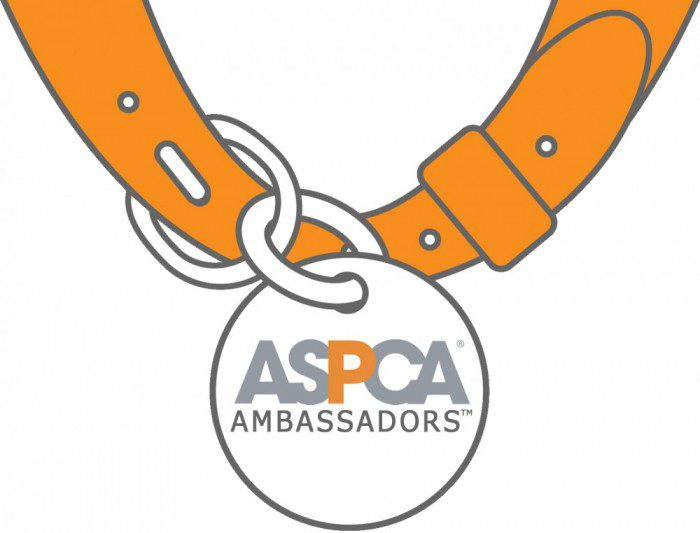
Miami-Dade County Animal Services Department, in partnership with the Humane Society of Greater Miami and The Cat Network, participated in the American Society for the Prevention of Cruelty to Animals (ASPCA) Annual Partnership meeting in Austin, TX in September 2012, where 10 other communities nationwide also presented their accomplishments and projected increase in the number of abandoned pets saved in our respective communities.
The ASPCA Partnership is a collaborative effort with communities to increase the live release rate of local shelters through sustainable data-driven plans and programs. The objective is to engage the community, to reunite lost pets with their families, increase adoptions, provide targeted spay/neuter and support community cats.
“As part of the ASPCA Partnership, Miami-Dade County Animal Services Department and our partners have benefited from a variety of resources and professional information to continue to improve the services provided to our community pets and residents” said Alex Muñoz, Animal Services director.
“Our community goal is to increase the Live Release Rate by 10 percent in 2013, and we are dedicated to working diligently and creatively to accomplish it. The support of the ASPCA is essential to achieve this objective and we are confident we will meet our goal” Muñoz added.
 The ASPCA grants benefit the department’s Dog and Cat Transport Program relocation expenses, an Employee Incentive Program to increase the live release of pets at ASD, support for the Mega Pet Adoption Event, marketing budget to promote joint events with Miami-Dade partners, TNG (Trap/Neuter/Give Back) surgery support, and off-site adoption event, transport and response trailer, totaling $137,000.
The ASPCA grants benefit the department’s Dog and Cat Transport Program relocation expenses, an Employee Incentive Program to increase the live release of pets at ASD, support for the Mega Pet Adoption Event, marketing budget to promote joint events with Miami-Dade partners, TNG (Trap/Neuter/Give Back) surgery support, and off-site adoption event, transport and response trailer, totaling $137,000.
Each year, Animal Services, located at 7401 NW 74 St., receives over 30,000 pets. The goal of ASD is to increase pet adoptions, rescues, and the number of families reunited with their lost pets, as well as community awareness and involvement with the shelter.
For more information, visit www.miamidade.gov/animals or call 3-1-1.






